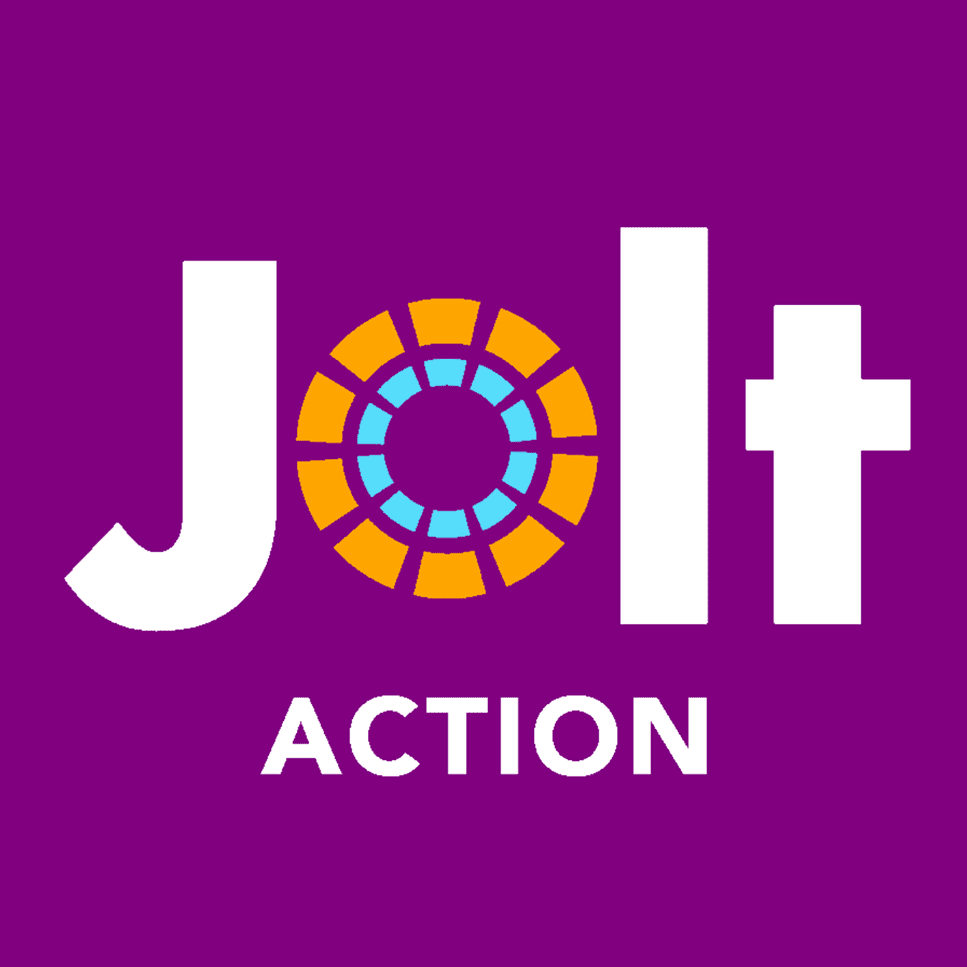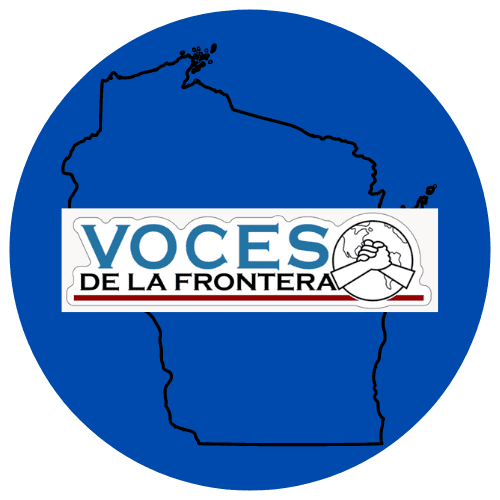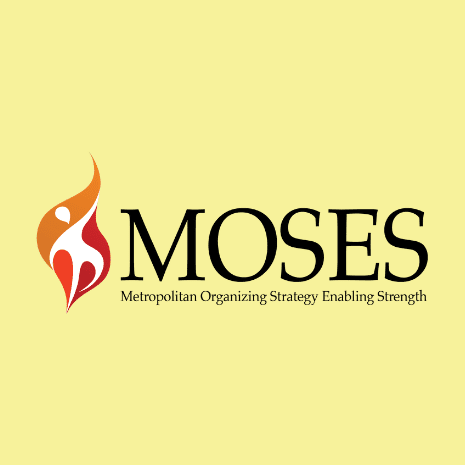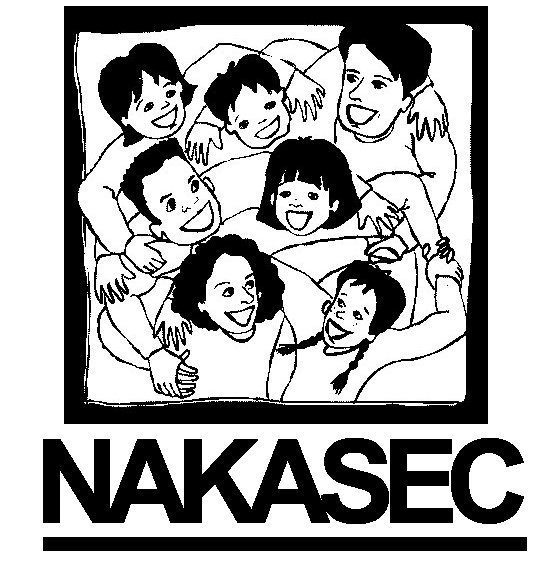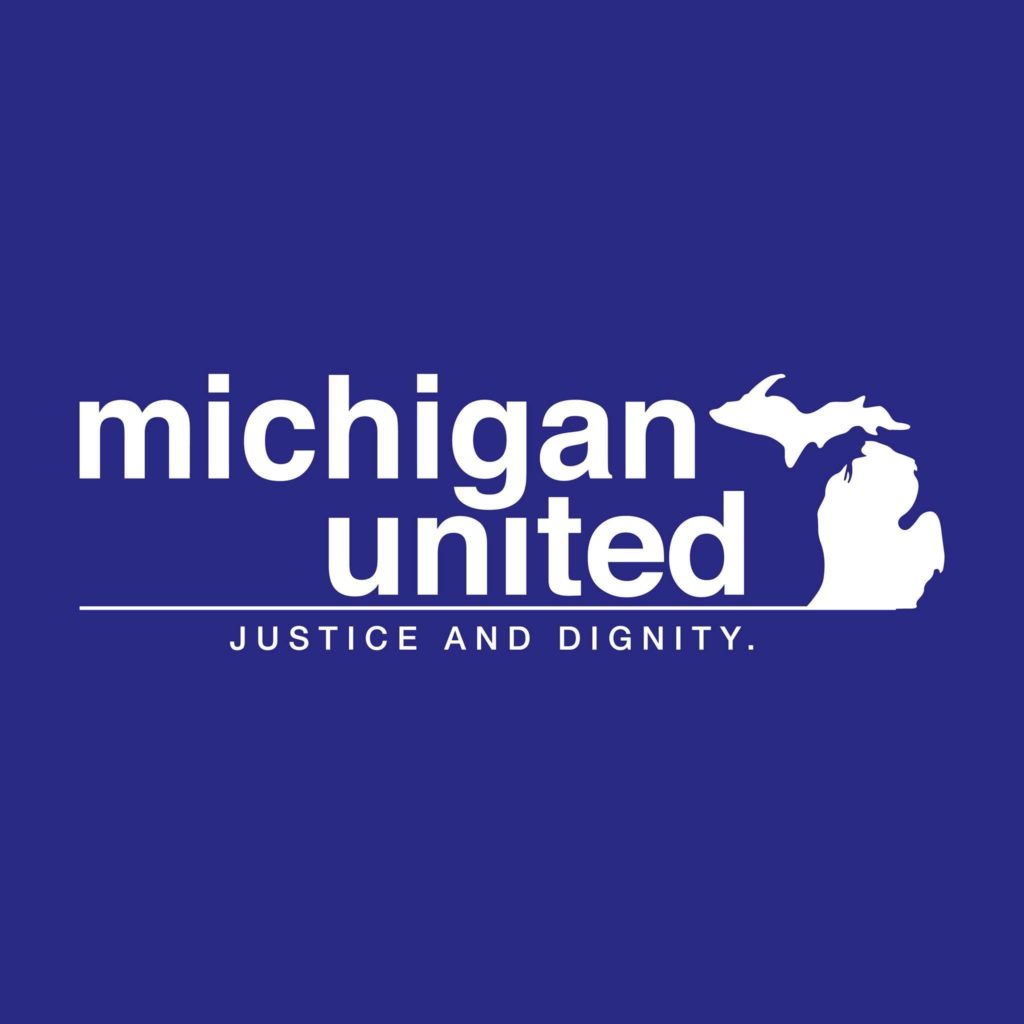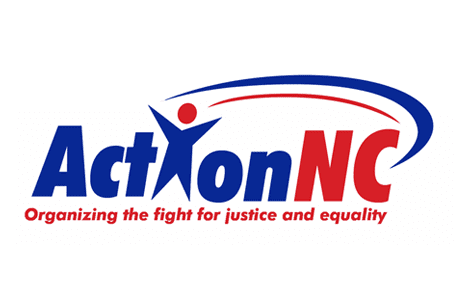UNITED IN CRISIS
Always Marching Forward
United in Crisis
Always Marching Forward
In a year defined by the dual crises of a global pandemic and emboldened and growing racist violence, you could be forgiven for thinking this was a year of reaction and defense for CASA.
But despite our robust and unflinching rapid response to these crises, we did not stop the constant and necessary work of power building throughout the year either. All movement power is fueled by people who come together to form organizations like CASA to further their community goals, and to that end, CASA was engaged in two major power building projects over the course of the year. The first, targeted at bringing more people into our movement, was the census outreach program, which continued from 2019. This 3-state program brought CASA into contact with thousands of new members and inspired thousands more to stand and be counted in their communities.
Second, we focused on building movement power by sharing knowledge, resources, and best practices with allied organizations across the country in a one-of-a-kind national project in the making since 2018 – People are Power. This project was designed to strengthen our movement through long term engagement with like-minded grassroots organizations in key states like Michigan, Pennsylvania, Texas, Wisconsin, and North Carolina, all wrapping up in 2020 ahead of one of the most critical elections in memory in terms of potential impact on the immigrant community.
Census Outreach Program
Chronic undercounting of immigrant populations has led to billions of public dollars held back from our communities to pay for critical services, and stands to systematically devalue and render invisible the contributions of our community. CASA’s census campaign effort targeted some of the hardest to count populations across our region in an effort to bring working class immigrant and Latinx communities into the public eye where they could not be ignored. A complete count of all members of our community would be a stepping stone towards immigrant and Latino communities receiving the public resources and representation that they deserve. In a time when immigrants, Latino, and working class communities in general have been undervalued, under resourced, and discounted in the public narrative, it is more critical than ever that our communities are counted. We will not be invisible. We count.
CASA designed and implemented a multilayered census and democracy campaign around the 2020 census targeting Latinx and immigrant residents in Hard to Count communities in PA, MD, and VA, through four phases of engagement:
- Census education
- Census engagement
- Census assistance
- Targeted follow up in low self response areas.
People Are POWER
Over 35 years, CASA has grown in both size and influence thanks in no small part to the member-centered, power-building model at the heart of our work. We believe, and our success has demonstrated, that a movement oriented organization which successfully blends services, community organizing, and advocacy is the most effective approach to building power and fighting for justice in the immigrant, Latino, and working class community CASA serves. At the heart of our model is our truly democratic internal process in which members lead the internal decision-making, set the organizational priorities as well as the legislative agenda and electoral engagement focus. Throughout many years of learning and testing, CASA has solidified a robust membership and activist culture with clear leadership ladders, roles and levels of engagement. The People Are Power (PRP) program is our chance to coach other like-minded organizations in this CASA model.
Back in 2018, CASA’s leaders were looking for an opportunity to truly bring this model to scale, and an opportunity presented itself in the form of a nationwide call for proposals for a national competitive grant program aimed at fostering the growth of community organizations like CASA who had a proven model for making an impact and building power in their communities. After being selected from among hundreds of applicants nationwide, CASA received $1 million in new funding for this project through the Community Thrives Challenge, a combined national initiative of the Chan Zuckerberg Institute and the Rockefeller Foundation. This provided the financial foundation for what became PRP. Our goals?
- Build capacity in each of the participating organizations so that they can more effectively build power – not only for themselves and the communities they serve, but as part of their contributions to the larger movement of which CASA is a part.
- Establish the CASA model as a national model for power building in marginalized communities. CASA’s member-centered, authentically member-lead approach which fuses services, community organizing, and advocacy has been critical to our success and we aim to give others the tools to follow this same path.
- Through the intentional creation and nurturing of a community of best practices, create opportunities for the exchange of experiences between social justice organizations working in different contexts and with different perspectives on how to advance justice and build power at the local, state, and national level.
CASA staff set to work building a curriculum which we felt would help communicate the best of CASA’s learning, help growing organizations to side-step some of the pitfalls CASA hit earlier in our development and to help make sure our allies learn the easy way what many of our organizers have had to learn through hard defeats and struggle. We then put out a nationwide call for growing, likeminded grassroots organizations who might like to be a part of this program. Out of nearly 100 applicant organizations, CASA selected six incredible partners from five key states for 2020 elections.
The program officially launched in late 2019 with a kick off event hosted by Sen. Mark Van Hollen (D-MD) as well as Representative Jamie Raskin (D-MD), both of whom spoke warmly to the gathered CASA supporters and cohort members from all over the country about the importance of their work in building grassroots community organizations to drive positive change. In the time since the launch of the project, we have worked with our incredible cohort members to form a community of best practices and establish deep, productive, lasting relationships with our partners. We’ve engaged in training (both in person and via webinar), program evaluation and goal setting, and have also supported our partners with capacity building grants to help them implement the work.
We are so, so proud of the incredible partners in the inaugural PRP cohort. They are:
